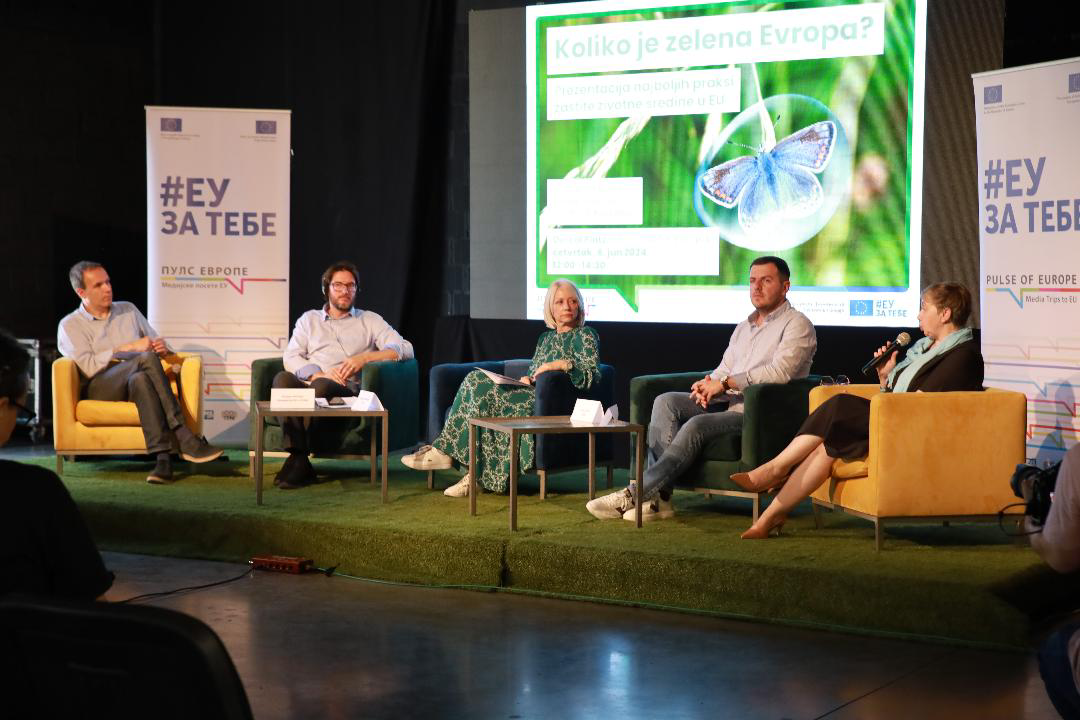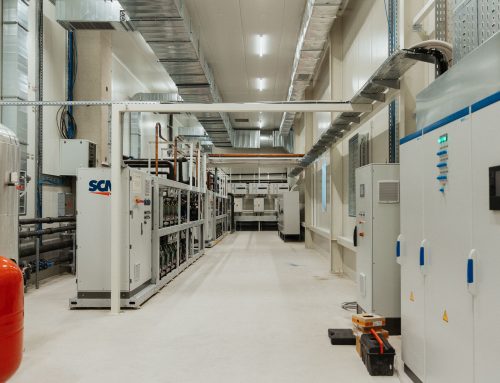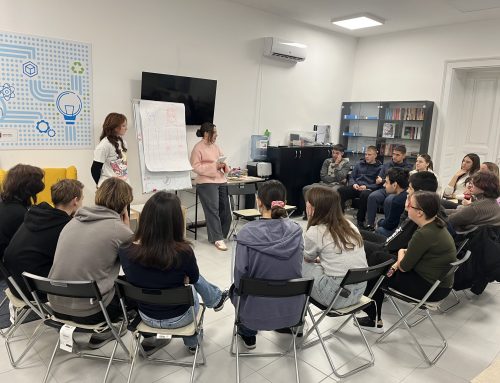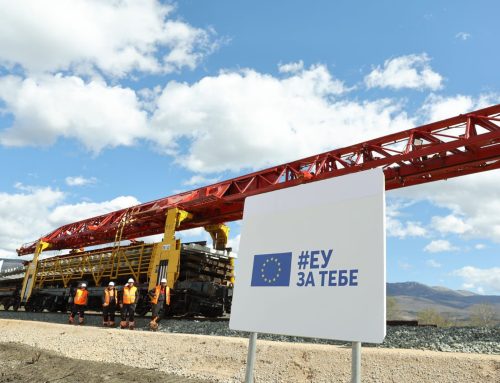As part of the EU Green Week in Serbia, the event How green in Europe included a film screening, a debate and a photo exhibition. The film Green Europe, produced by Radio and Television of Serbia (RTS), was screened with a debate on European and Serbian standards in environmental protection, followed by the opening of an exhibition of photos showing examples of the best European practice in environmental protection from five countries of the European Union.
The author of the film, Dragana Živojnović, a journalist from RTS, researched environmental policies in Austria, Italy, Slovenia, France, the Netherlands and Germany, and the 25-minute film summarises 14 shows that were broadcast on the Second programme of RTS. Živojnović emphasized that the countries she visited provided her with many good examples that could be an inspiration for Serbia. The panel discussion participants agreed and pointed out that stories about environmental issues must also offer solutions in order to be effective.
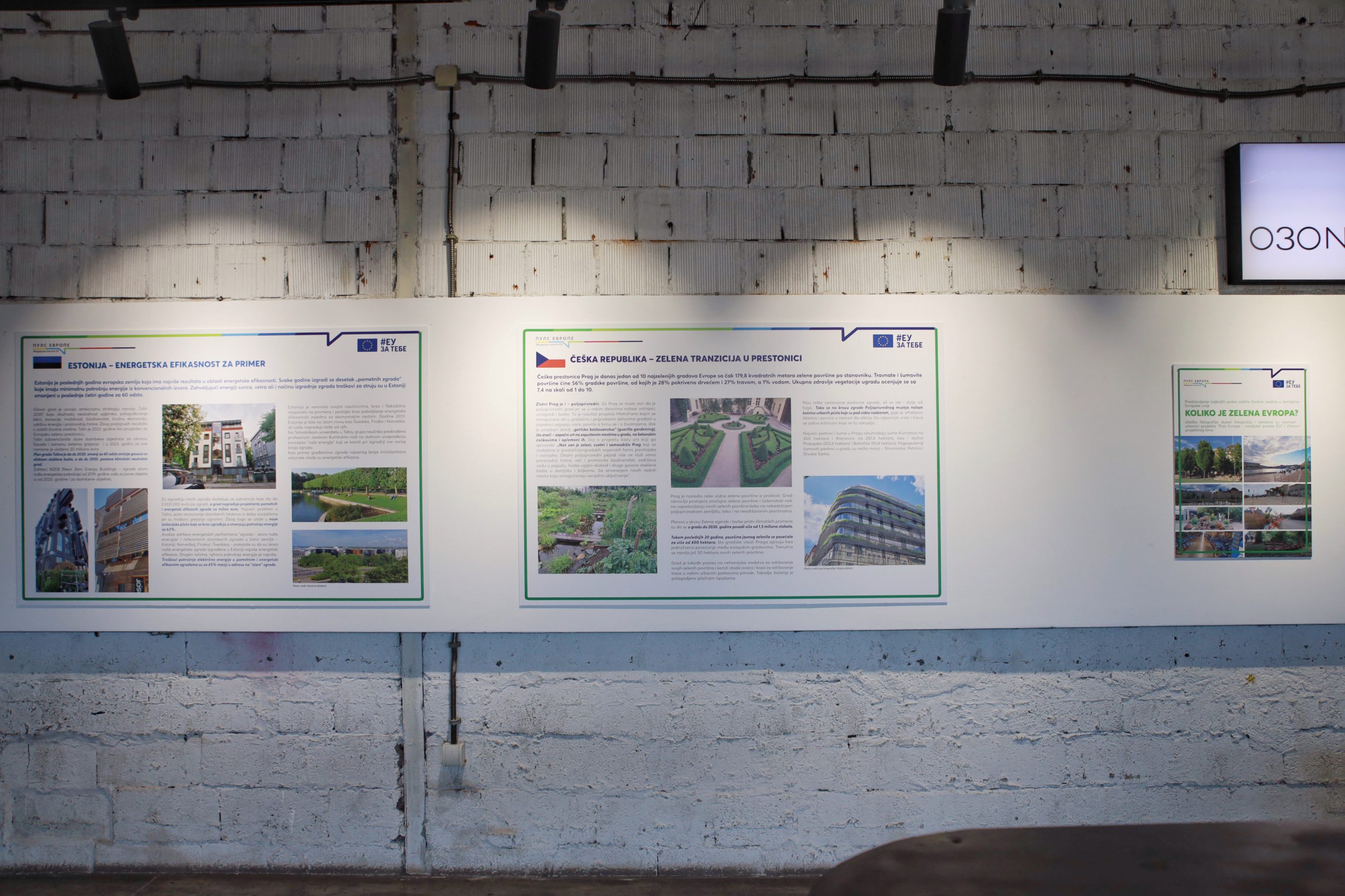
The Program Manager of the EU Delegation in Serbia, Antoine Avignon, said that it is very commendable that citizens and institutions are seen in action through the film Green Europe. “Through the implementation of the Green Agenda, we are putting people and their well-being above institutions, and this is a political process because, in the end, we need to bring solutions that support environmental actions”, he said. Avignon stated that the EU has donated more than EUR 580 million to the environmental protection sector in Serbia in the past 15 years, adding that it also supports smaller civil initiatives through the awarding of grants, and through larger civil society organizations.
The Project Manager of Belgrade Open School (BOS) Lazar Jovčić said that BOS cooperates with civil society organizations and supports them in their initiatives at the local level through various programs, but that without public policies and specific measures there is no improvement of the environment in Serbia. He mentioned Sokobanja as a good example, where the new system that uses waste thermal water from the spa complex has a significant effect on improving air quality and that the results are visible. There are good example of environmental practices in Serbia, the problem is that there are green regulations without implementation, he added.
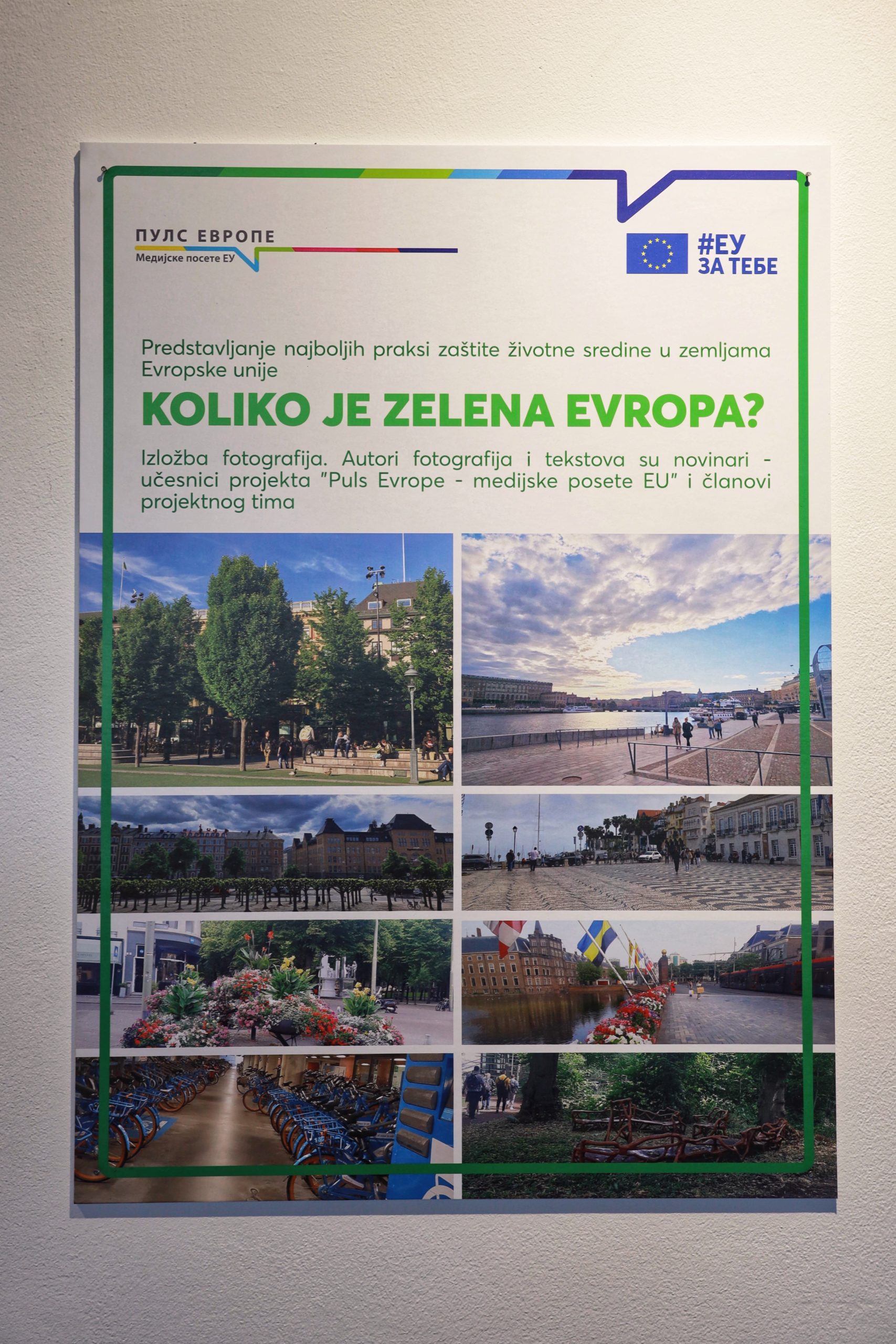
Majda Adlešić, editor of the magazine Ekolist, emphasised the importance of the media in raising awareness about environmental protection and pointed out that the media play a key role in informing and finding solutions to environmental issues.
This event was organised by the Delegation of the European Union in the Republic of Serbia and the Pulse of Europe Project – Media Trips to the EU, a project in which 268 journalists from 36 newsrooms in Serbia participated. Of the 450 created and published media articles, one third is devoted to the topic of environmental protection.
Find more information about the opportunities provided by the European Union on the EU Opportunities website, and you can find additional information about the 2024 EU Green Week which is ongoing until June 12th here.

